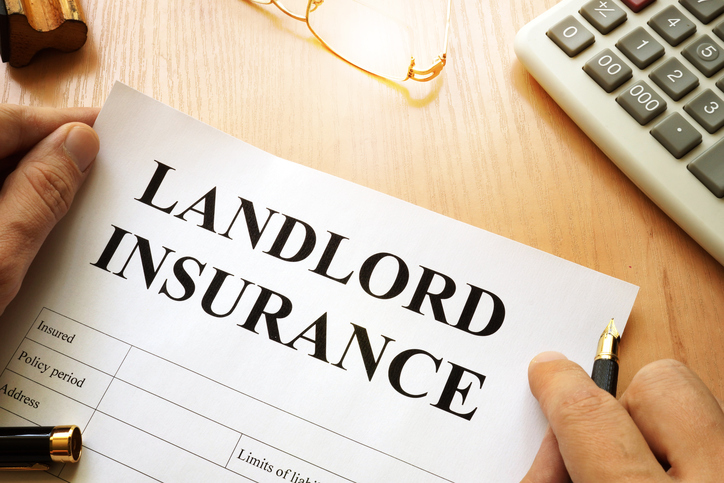While most homeowners will have their own home contents insurance, landlords should also ensure they have home insurance to protect their property against damage, loss of earnings, and liability. While there is currently no legal requirement to have landlord insurance, it can be massively beneficial for landlords, as tenant insurance only covers the tenants, and safeguards their deposits.
There are some common issues that can rack up a bill, which you as a landlord will be covered for if you get the relevant insurance policies. We look at the four most common and worthwhile.
If you own a block of flats then your potential landlord insurance needs only increase. Your leases may require you to provide adequate freeholder insurance from a specialist, although the cost is usually recouped through a service charge. Afterall lenders will require the building to be insured in order to loan on mortgages for the flats.
Home emergency insurance will cover call-out costs
It’s the landlord’s legal responsibility to provide water, gas, electricity, and sanitation for the renters. This doesn’t mean paying the bills, only ensuring there is a connection set up. However, these also tend to be prone to breaking down without warning, needing emergency repairs and costly call-outs. Like homeowners, who are covered under their home insurance, landlords with home emergency insurance will be covered in case of any call-outs, such as an emergency boiler repair, or emergency plumbing.
Boilers can break down if they’re not correctly maintained, which is the responsibility of the landlord, and can leave tenants with no hot water or central heating. Emergency boiler repairs in particular can be costly, however can be quickly fixed by specialist boiler companies, and is covered by landlord insurance.
It’s important to quickly fix any boiler issues, as any water damage that may occur can damage the structure of the building, which could cost you even more money. Home insurance policies will also protect you from costly carpet or floor repair bills should a boiler leak.
Landlord liability insurance protects you against tenant injuries
If a tenant injures themselves on your property, as a direct result of something in your property such as tripping on loose carpet, you as a landlord could be held liable. If a tenant decides to sue you for an accident that happens, having liability insurance will cover you for:
- Damages awarded to the claimant
- Your legal costs in defending a claim
- The claimant’s legal costs, if you’re at fault
Landlord’s often don’t know who is coming in and out of the property, as this is down to the tenant. Having liability insurance is crucial to protect you from any injuries, or even deaths, on your property. Liability insurance can often be added as an extra to most insurance policies, but it may be a requirement for those renting as student accommodation or social housing.
Loss of rent insurance may be crucial if you have a buy-to-let mortgage
If you’re buying a property solely to rent out, and have a buy-to-let mortgage, your provider may state that you must have loss of rent insurance to cover you if you lose out on rent because a tenant can’t (or doesn’t) pay.
If your property suddenly becomes uninhabitable, whether through fire or water damage, then your tenants will not longer pay the rent. Loss of rent insurance will cover you for this time, ensuring you do not lose out on any money you need to pay off the mortgage for the property. In some cases, this can be included as part of your buildings cover, but make sure you check this.
Insurance policies and the cover you get will be dependent on what policy you decide to go for. In most cases, the building insurance can even cover your contents insurance, however you should double check to make sure you have the cover you need based on your property.
Contents insurance is vital if your property is furnished
Your tenant will want to protect their things from theft or damage and have their own home contents insurance. But just because they have this in place doesn’t mean you should avoid having a policy as a landlord.
Contents insurance will protect your belongings if you’ve chosen to rent it out fully or partly furnished. If you have furnishings such as beds, carpets, sofas, TVs, and white goods (domestic electrical goods such as fridges and washing machines), this is particularly key as they are costly to replace.
Home contents insurance protects your listed belongings against damage and theft, however it doesn’t cover any of your tenants’ belongings and that should be made clear to your tenants when they move in.



 Bitcoin
Bitcoin  Ethereum
Ethereum  Tether
Tether  XRP
XRP  Solana
Solana  USDC
USDC  Cardano
Cardano  TRON
TRON  Lido Staked Ether
Lido Staked Ether  Avalanche
Avalanche  Toncoin
Toncoin